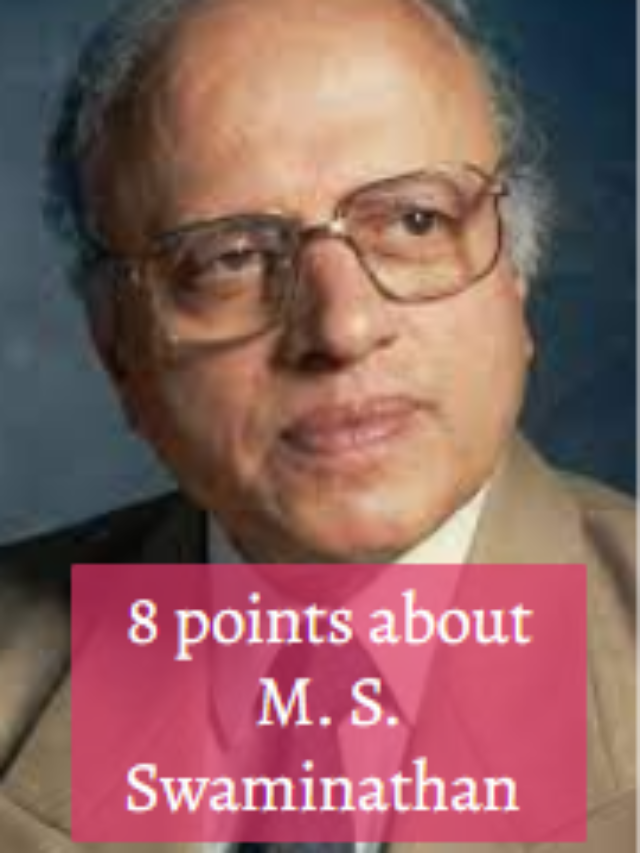How to download the Threads App?
Threads: The Twitter Killer
Threads is a “nice” version of Twitter. For many users, Twitter had become a problematic relationship.
Under Elon Musk’s leadership, the platform was deemed unreliable and unfiltered. It was often referred to as toxic, leading some users to urge their followers to leave the platform in protest of Musk’s decisions, including algorithm changes and the reinstatement of Donald Trump’s account. Several tech companies, such as Substack, attempted to provide a new alternative for frustrated Twitter users, but none managed to capture their attention—until now.
Meta, the parent company of Facebook and Instagram, recently launched Threads, its own Twitter competitor. Within a short span, it became the fastest-growing app ever, with over 70 million users joining in just a few days. This surpassed the user bases of other Twitter challengers.
What set Meta apart from the competition was its access to two billion existing users, whom the company could easily direct towards the new product. Threads allows users to log in using their Instagram accounts, eliminating the need to create a new username, password, and profile photo. Meta also utilized its existing platforms to promote Threads.
The emergence of Threads is exciting for users who appreciated Twitter but disliked the changes implemented by Musk or grew tired of his behavior. Despite its drawbacks, Twitter played an essential role in many people’s lives, helping them stay informed about news and cultural trends.
However, the early success of Threads highlights a recurring issue in the internet economy. A small number of colossal corporations have an increasingly significant influence on our attention. Twitter itself was relatively small compared to modern behemoths like Meta, Alphabet (Google’s parent company), Amazon, Apple, and Microsoft.
Shoshana Zuboff, a privacy expert at Harvard, stated, “They’re not only the wealthiest corporations that have ever existed, but they’ve institutionalized a new form of profound inequality in who controls information. Threads is simply another property in a global surveillance empire.”
In the remainder of today’s newsletter, we will delve into the basics of Threads, evaluate its potential for long-term success, and provide links for further coverage from The New York Times and other sources.
What is Threads? Threads closely resemble Twitter, offering similar features such as a scrolling feed of posts, some containing photos or videos, and the ability to repost content from other users. The feed comprises posts from accounts that users follow and those recommended by an algorithm.
However, Threads is intended to have a distinct atmosphere. Meta has positioned it as a less politically focused alternative to Twitter, although it remains uncertain how the company plans to maintain that environment.
Many posts on the platform have turned the competition between Twitter and Threads into memes. Users have photoshopped the faces of Mark Zuckerberg, Meta’s CEO, and Elon Musk onto famous fights, like Will Smith slapping Chris Rock. News outlets like The Guardian and Semafor have also joined Threads and begun sharing their articles, which currently resemble regular tweets.
Meta’s commitment to maintaining a “positive” atmosphere on Threads stands in contrast to Musk’s goal of turning Twitter into an uncensored platform. Adam Mosseri, the head of Instagram, stated that Meta decided to create Threads specifically in response to the “product changes and decisions” made by Musk on Twitter.
The launch has intensified the rivalry between Zuckerberg and Musk, who have recently exchanged threats of a cage fight. Musk claimed to have deleted his Instagram account before the release of Threads, stating on Twitter, “It is infinitely preferable to be attacked by strangers on Twitter than indulge in the false happiness of hide-the-pain Instagram.”
Lawyers representing Twitter have sent a letter to Meta, threatening legal action and accusing Zuckerberg’s company of using trade secrets to develop Threads. Additionally, the app is currently unavailable in the European Union as Meta is uncertain about its compliance with Europe’s stringent privacy regulations.
Meta’s advantage The initial success of Threads marks a rare recent triumph for Meta. Facebook and Instagram have struggled to keep up with TikTok, and Zuckerberg’s vision of creating a “metaverse” has largely remained unrealized. The company has also undergone significant layoffs.
However, the early momentum enjoyed by Threads does not guarantee long-term success. Other platforms like BeReal and Clubhouse generated substantial buzz as the future of social media, only to fade away.
Yet, Meta possesses an advantage that those previous attempts lacked: attracting users is considerably easier when you already have an existing user base.”
FAQ’s
What is Threads and how does it differ from Twitter?
Threads is a social media platform developed by Meta, the parent company of Facebook and Instagram. It resembles Twitter in many ways, offering a scrolling feed of posts with photos or videos, and the ability to repost content. However, Threads aims to cultivate a less politically focused atmosphere compared to Twitter.
How did Meta’s existing user base contribute to the success of Threads?
Meta leveraged its two billion existing users from Facebook and Instagram to promote Threads. Users can log in to Threads using their Instagram accounts, eliminating the need for creating new credentials. This made it easier for Meta to attract users to Threads and contributed to its rapid growth.
What sets Threads apart from other Twitter competitors?
Threads’ advantage lies in its connection to Meta’s vast user base and the resources of Facebook and Instagram. Unlike previous Twitter competitors, Threads quickly gained traction by offering existing users a familiar interface and the ability to seamlessly transition to a new platform without creating new accounts.
How is Meta addressing concerns about privacy and data control with Threads?
Threads’ release has raised concerns about privacy and data control, especially considering Meta’s status as a tech giant. While Meta has committed to keeping Threads a positive and less politically focused platform, privacy experts have expressed apprehension about the increasing influence of corporations like Meta over user information.
What are the prospects for the long-term success of Threads?
While Threads has experienced early success, its long-term prospects remain uncertain. Similar to other platforms that initially generated buzz, such as BeReal and Clubhouse, sustaining user engagement and growth can be challenging. Meta’s ability to maintain a positive user experience, address privacy concerns, and adapt to evolving social media trends will play a crucial role in determining Threads’ long-term success.


